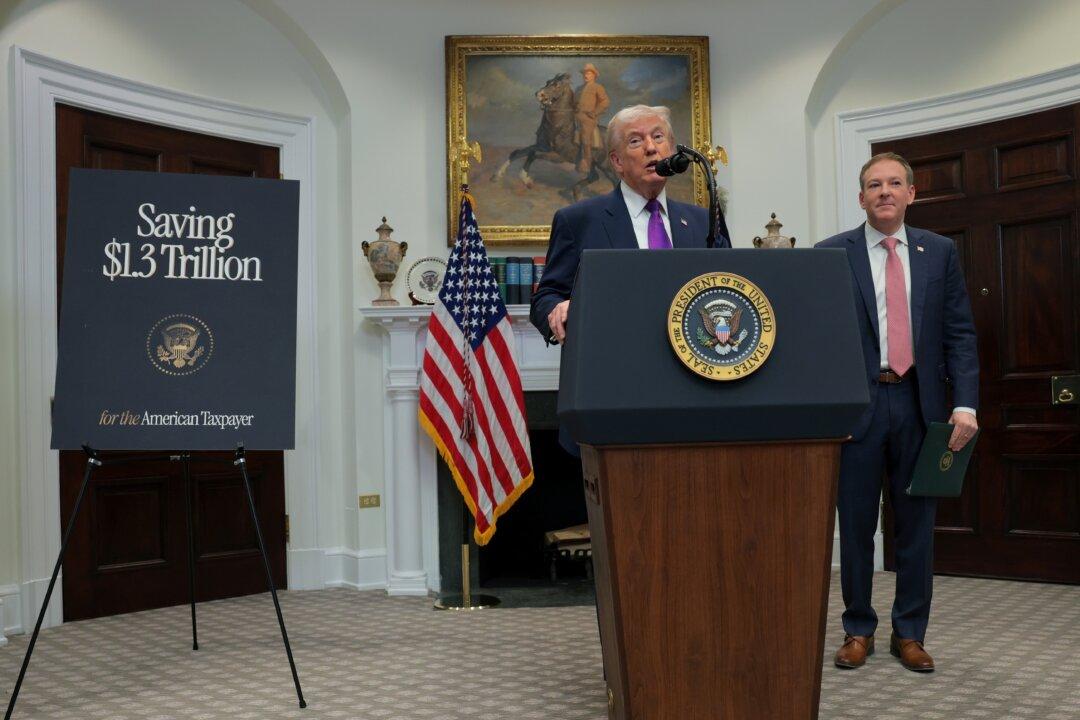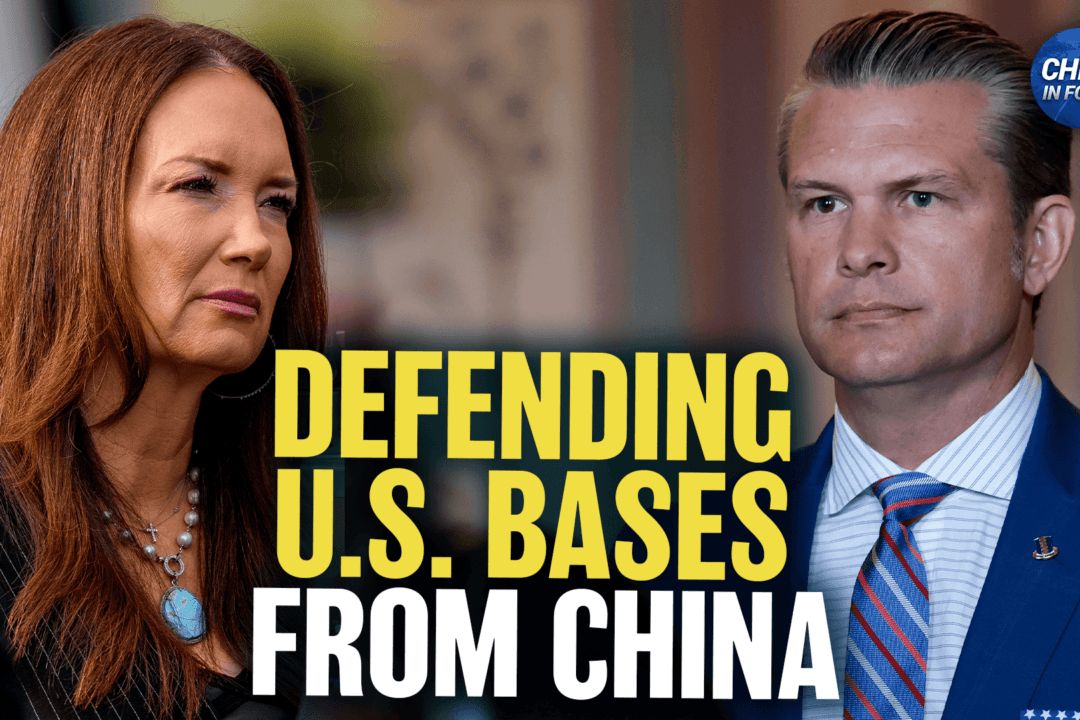G-7 (Group of Seven) leaders covered a slew of topics at the summit over the weekend. The leaders have pledged to provide a democratic alternative to China’s Belt and Road Initiative. The summit also called for a transparent investigation into the origins of the pandemic, and they’re demanding that Beijing provide access to its labs. President Joe Biden called on Beijing to abide by international rules. He said, “China needs to start to act more responsibly in terms of international norms and human rights and transparency.” He’s rallying U.S. allies to confront the Chinese Communist Party’s (CCP) economic abuses and human rights violations.
What brought China onto the world stage as a global power, and how has that shifted in the wake of the pandemic? We sat down with Clyde Prestowitz, president and founder of the Economic Strategy Institute and author of “The World Turned Upside Down: America, China, and the Struggle for Global Leadership,” to find out more.




